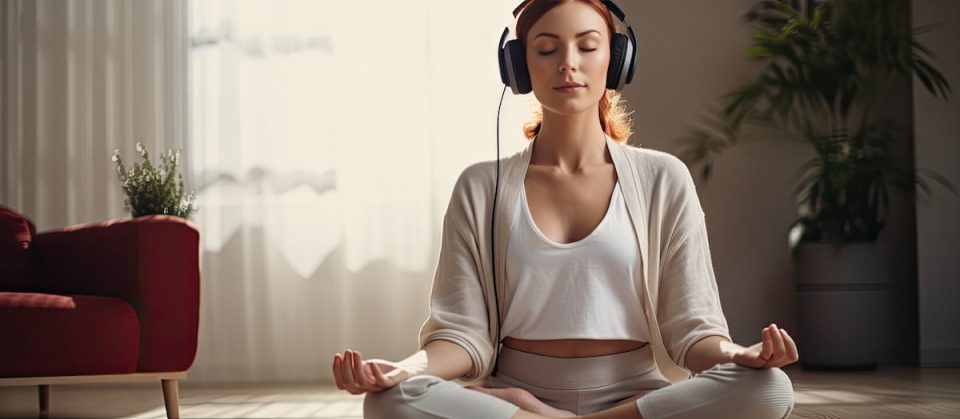If you’re someone who battles anxiety, it’s vital to recognize how closely it’s intertwined with anger. These emotions, often seen as distinct, can indeed mirror and fuel each other in a delicate dance that affects your mental health and relationships.
Core Emotion of Fear
At the core of both anxiety and anger lies a fundamental emotion: fear. This fear, often deep-rooted and multifaceted, manifests uniquely in each individual. For some, it surfaces as anxiety—a response to perceived future threats or uncertainties, leading to worry and nervousness. For others, the same underlying fear expresses itself as anger, a defensive reaction against perceived injustices or threats to personal well-being. Understanding this common origin is crucial, as it provides insight into why we react the way we do and offers a pathway towards addressing these emotions more constructively. In recognizing the fear beneath both anxiety and anger, individuals can begin to unravel the complexities of their emotional responses and work towards healthier, more adaptive coping strategies.
The Masking Effect
Anxiety often wears a mask, and that mask can look a lot like anger. When you’re anxious, your body’s natural response is to go into a ‘fight or flight’ mode. This heightened state can make you appear angry, even when the underlying emotion is anxiety. You might find yourself snapping at loved ones or getting frustrated easily, not because you’re inherently angry, but because you’re anxious.
Increased Anxiety from Unresolved Anger
Not dealing with anger issues can escalate your anxiety levels. When anger is not expressed or managed healthily, it can simmer beneath the surface, creating an ongoing state of tension. This constant state of alertness can exacerbate anxiety symptoms, leading to a heightened sense of worry and unease.
The Appearance of Anger in Anxious Individuals
As someone grappling with anxiety, you might sometimes come across as angry or irritable. This isn’t your true nature showing, but rather a manifestation of the anxiety you’re dealing with. It’s important to understand this connection so you can communicate effectively with those around you and manage your reactions better.
Assertiveness vs. Anger
Learning to be assertive rather than aggressive is key for individuals dealing with anxiety. Assertiveness allows you to express your needs and boundaries clearly and respectfully, without the intensity and potential harm of anger. It’s about finding your voice in a way that’s constructive, not destructive.
Coping Strategies
- Mindfulness and Relaxation: Practices like meditation and deep breathing can help calm both anxiety and anger.
- Physical Activity: Regular exercise is a great outlet for pent-up emotions and can significantly reduce symptoms of anxiety.
- Seeking Professional Help: Therapy can be incredibly beneficial in developing healthier coping mechanisms. And if you want to take it one step further than coping, approaches like FLW Method offer a more holistic way of improving your wellbeing.
- Communication Skills: Learning to articulate your feelings in a calm, assertive manner can prevent misunderstandings and reduce conflict.
Embracing the Journey
Dealing with the interplay of anxiety and anger is not a straightforward path. It requires patience, self-awareness, and often, the willingness to seek help. Remember, understanding this complex relationship is a significant first step towards managing your emotions more effectively and leading a more balanced, fulfilling life.
Stay positive and remind yourself that with the right tools and support, you can navigate these waters successfully. Your journey towards emotional well-being is worth every step.


